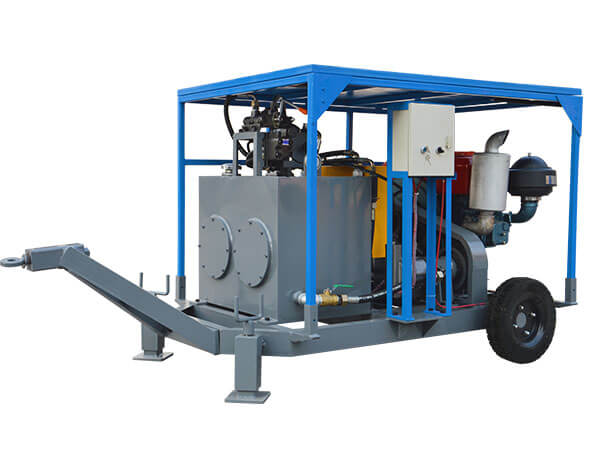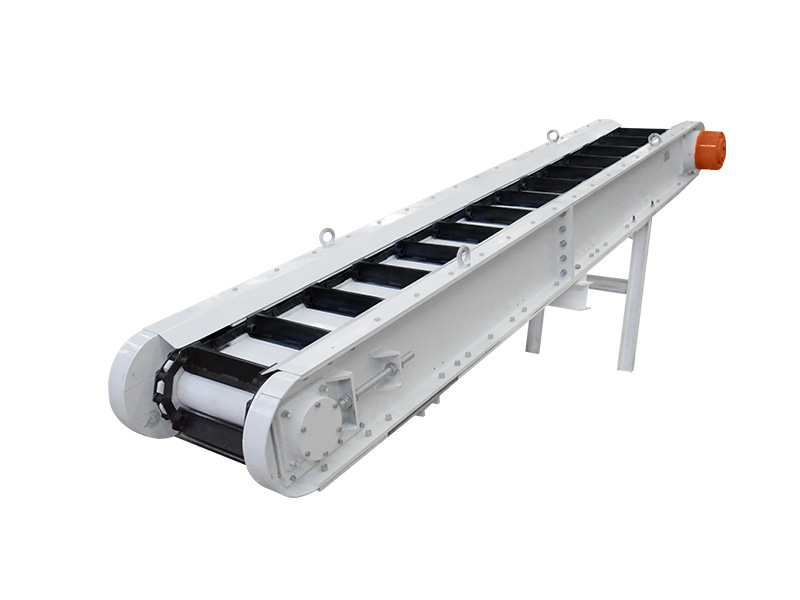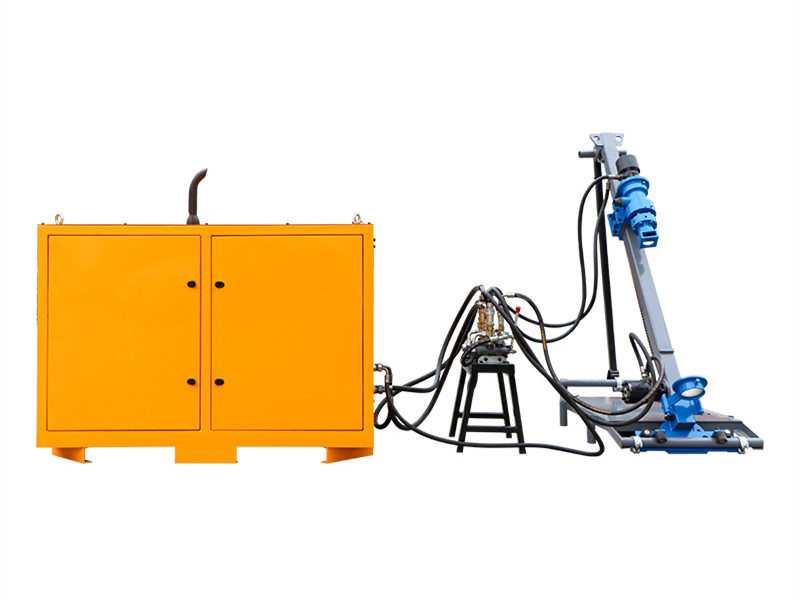Today, 11 hose pumps from Lead Equipment were sent to Germany. The customer applied the hose pumps to TBM underground tunnel projects. The hose pumps can handle liquid media of different viscosities and concentrations, which enables them to cope with various complex fluid transmission requirements in TBM projects.
During the construction of the shield machine, in order to maintain the stability of the tunnel and prevent groundwater leakage, slurry is usually required for grouting and filling. High-performance hose pumps can efficiently and stably transport slurry to ensure the smooth progress of the construction process. For the transportation of high-concentration slurry in TBM projects, our hose pumps also use Trelleborg extruded tubes. This hose has excellent wear resistance and corrosion resistance, and can maintain long-term stable operation even in highly abrasive environments. At the same time, our pump body design also takes wear resistance into consideration and can cope with the challenges of complex fluids.
Application and advantages of hose pumps in TBM projects:
In tunnel boring machine (TBM) projects, hose pumps play a vital role as an efficient and flexible fluid transmission equipment. This hose pump is equipped with a SEW reducer, which makes the hose pump run more smoothly and further enhances its ability to adapt to different working environments. Secondly, the hose pump has a compact and lightweight structure, is easy to install and maintain, and can respond flexibly even in complex construction environments. This article will focus on the advantages, applications and working principles of the hose pump, with special attention to its practical application in TBM projects.
Advantages of hose pumps
1. High flexibility:
The hose pump can handle liquid media of different viscosities and concentrations, which enables it to cope with various complex fluid transmission needs in TBM projects.
Equipped with a SEW reducer, the hose pump runs more smoothly, further enhancing its ability to adapt to different working environments.
2. Corrosion and wear resistance:
Since the medium only flows in the hose and does not directly contact the pump body, this makes the hose pump particularly suitable for conveying corrosive fluids.
Trelleborg extruded tubes, with their excellent wear resistance and corrosion resistance, ensure the long-term stable operation of the hose pump under harsh conditions.
3. Easy to maintain and clean:
The hose pump has a relatively simple structure and is more convenient to maintain.
When cleaning, you only need to clean the hose, which greatly saves time and cost.
4. High efficiency and energy saving:
The hose pump equipped with SEW reducer reduces energy consumption and improves transmission efficiency through precise speed regulation.
Application of hose pump
In TBM projects, the application of hose pumps is mainly concentrated in the following aspects:
1. Fluid transmission during tunnel excavation:
During the excavation process, the hose pump is responsible for transmitting cooling water, lubricants and other necessary fluid media to ensure the normal operation of the tunnel boring machine.
Especially in high-pressure environments (such as 2-5.5Mpa), the stability and efficiency of hose pumps are particularly important.
2. Environmental protection and wastewater treatment:
Wastewater generated in TBM projects needs to be properly handled. With its corrosion resistance and high adaptability, hose pumps can efficiently transport wastewater to treatment equipment.
3. Emergency treatment in emergency situations:
In the event of an emergency, such as equipment failure or leakage, the hose pump can respond quickly and respond to various emergencies by reversing or adjusting the speed.
Working principle of hose pump
The working principle of hose pump is to drive the roller to rotate through the motor. When the roller moves in the pump tube, it squeezes the hose, forms a vacuum to suck the fluid, and then continues to roll to squeeze the fluid out. The specific process is as follows:
1. Liquid suction stage:
When the roller rotates and squeezes the hose, the inner cavity of the hose gradually increases, forming a negative pressure, thereby sucking the fluid.
2. Liquid discharge stage:
As the roller continues to rotate, the squeezed hose gradually shrinks, squeezing the fluid out and delivering it to the outlet.
3. Continuous peristalsis:
The continuous rotation of the rotor makes the hose "peristalsis" continuously, thereby realizing continuous transmission of the fluid.
In this process, Trelleborg extruded tubes ensure the stability and durability of the hose under long-term extrusion with their excellent elasticity and wear resistance. The SEW reducer provides stable and reliable power support for the hose pump through precise speed regulation and efficient transmission performance.
In summary, the application of hose pumps in TBM projects has significant advantages and broad application prospects. By equipping with SEW reducer and Trelleborg extruded tube, the performance of the hose pump has been further improved, enabling it to better adapt to various complex working environments and provide strong guarantee for the smooth progress of TBM projects. If you are interested in our hose pump products, please contact us directly at sales1@leadcrete.com
Your position:
Home > News > Product News
High-pressure hose pumps for TBM projects
date: 1970-01-01
Inquiry
Please feel free to submit your inquiry information to us. We will contact with you as soon as possible.

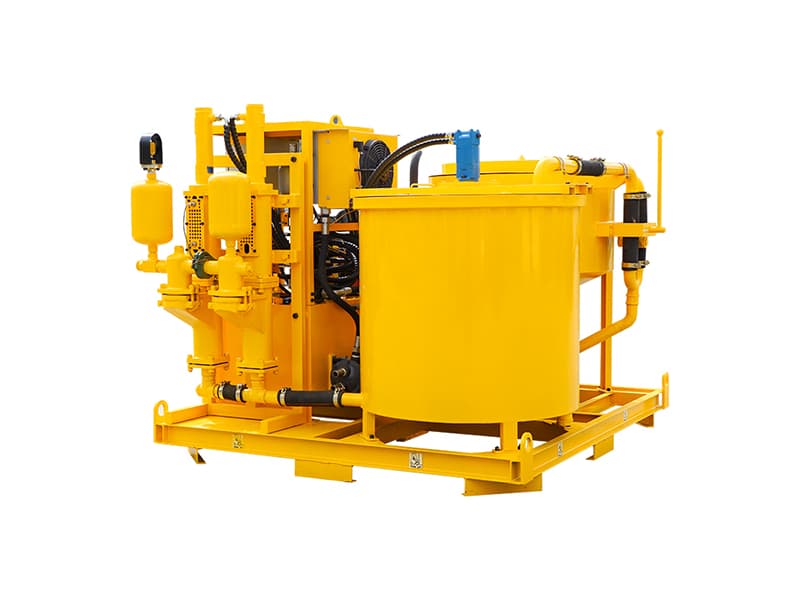
.jpg)
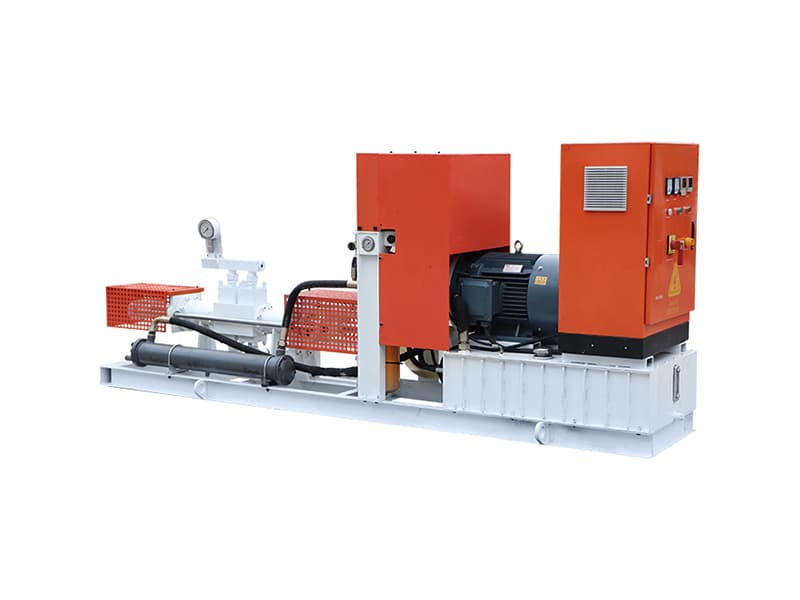
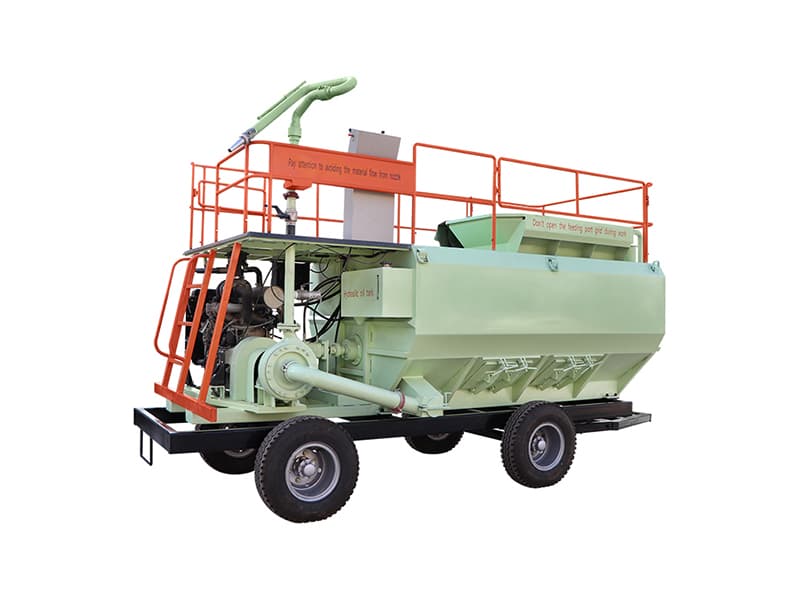
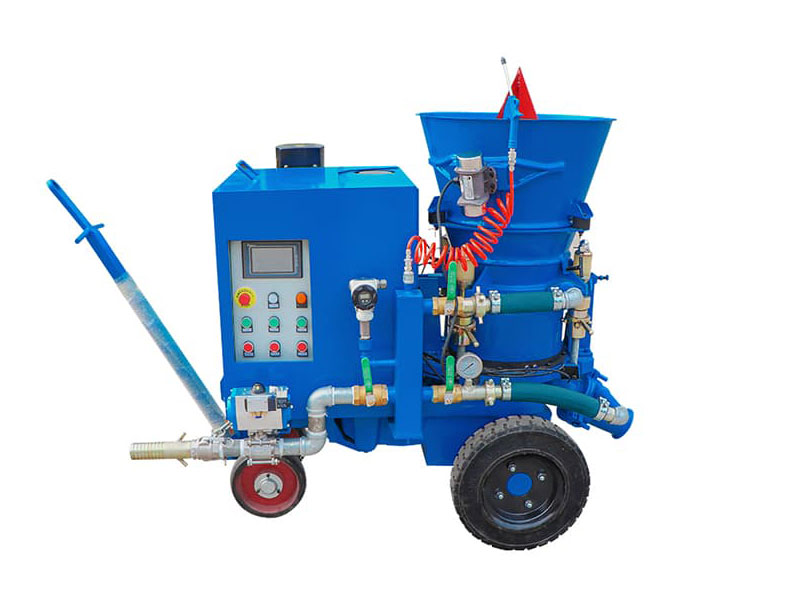
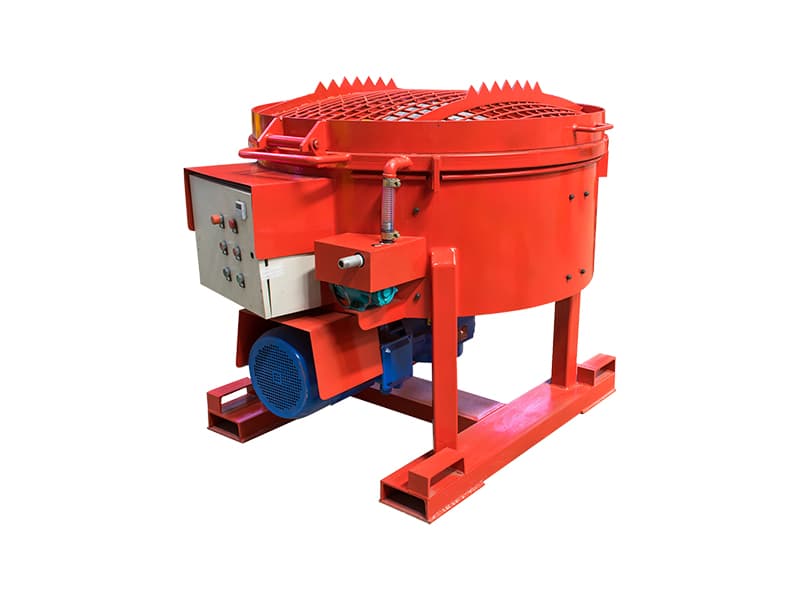
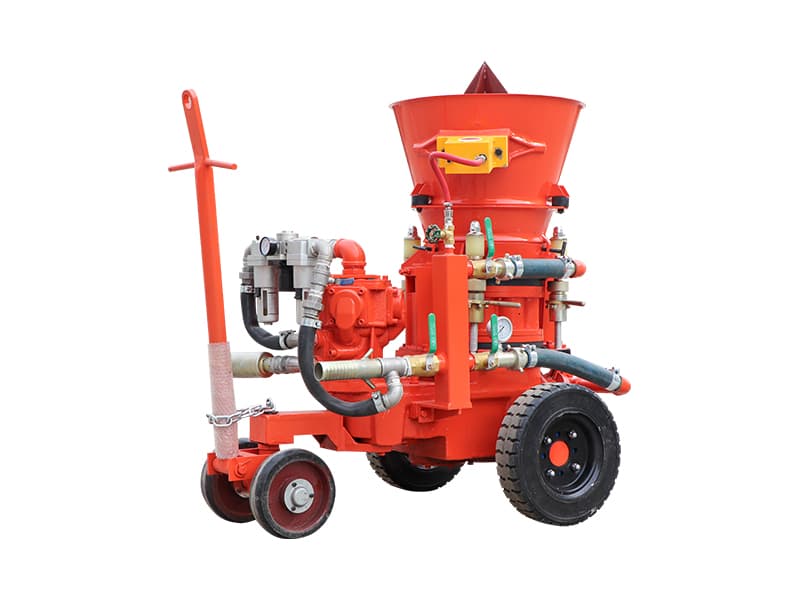
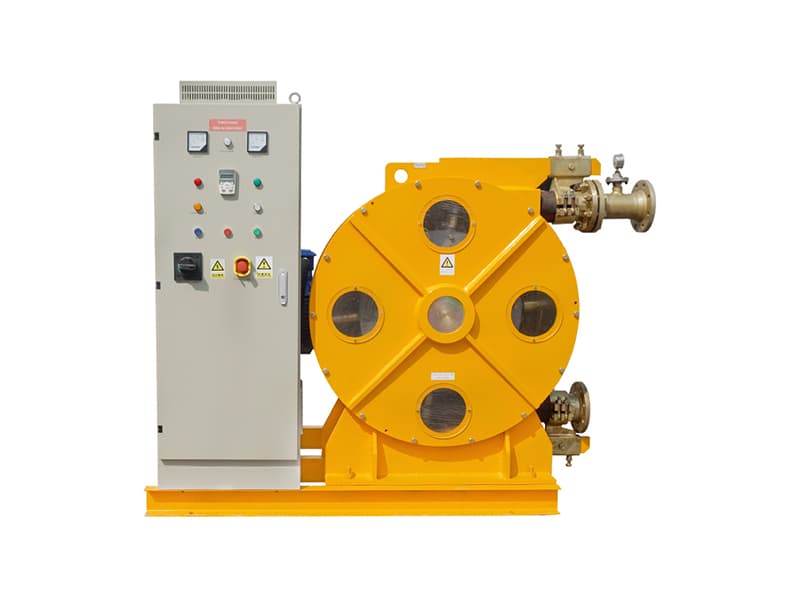
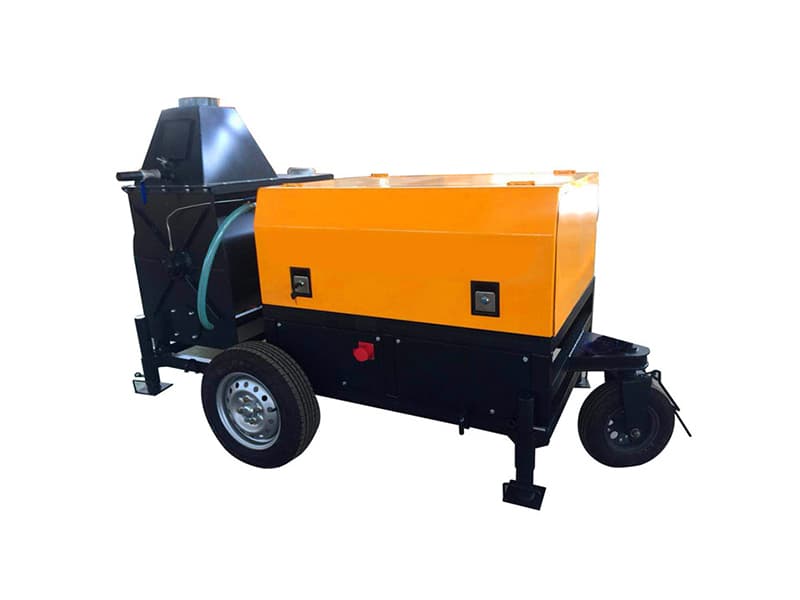
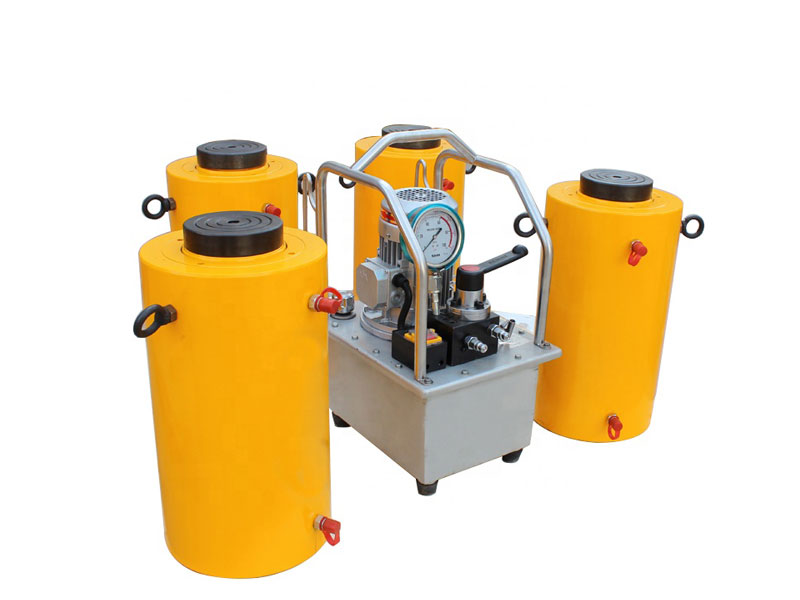
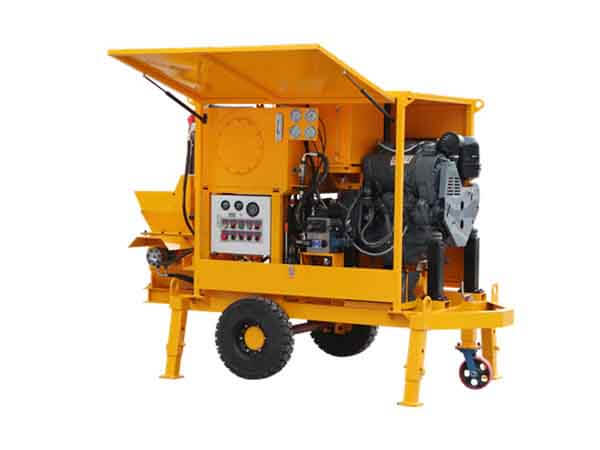
.jpg)
